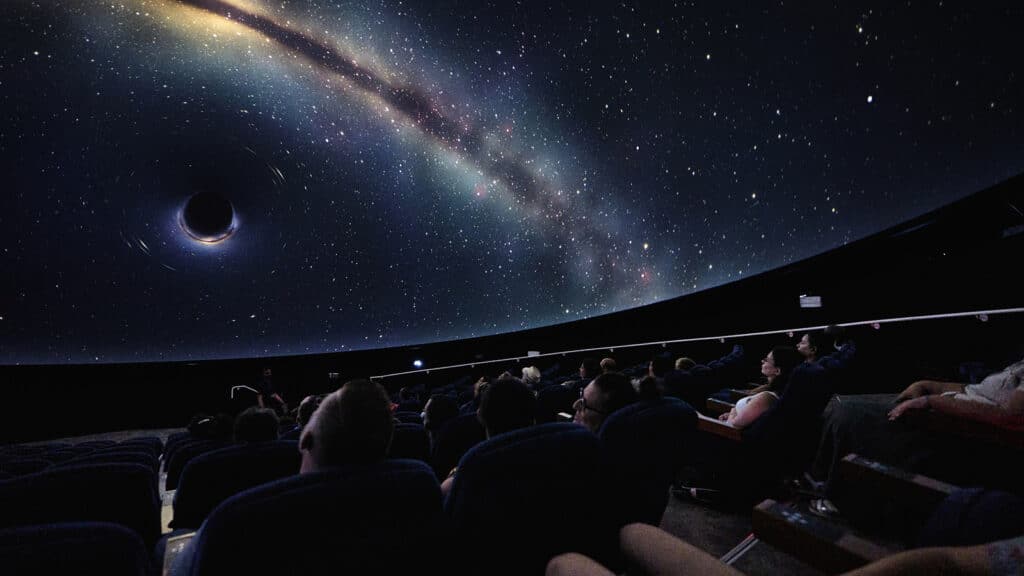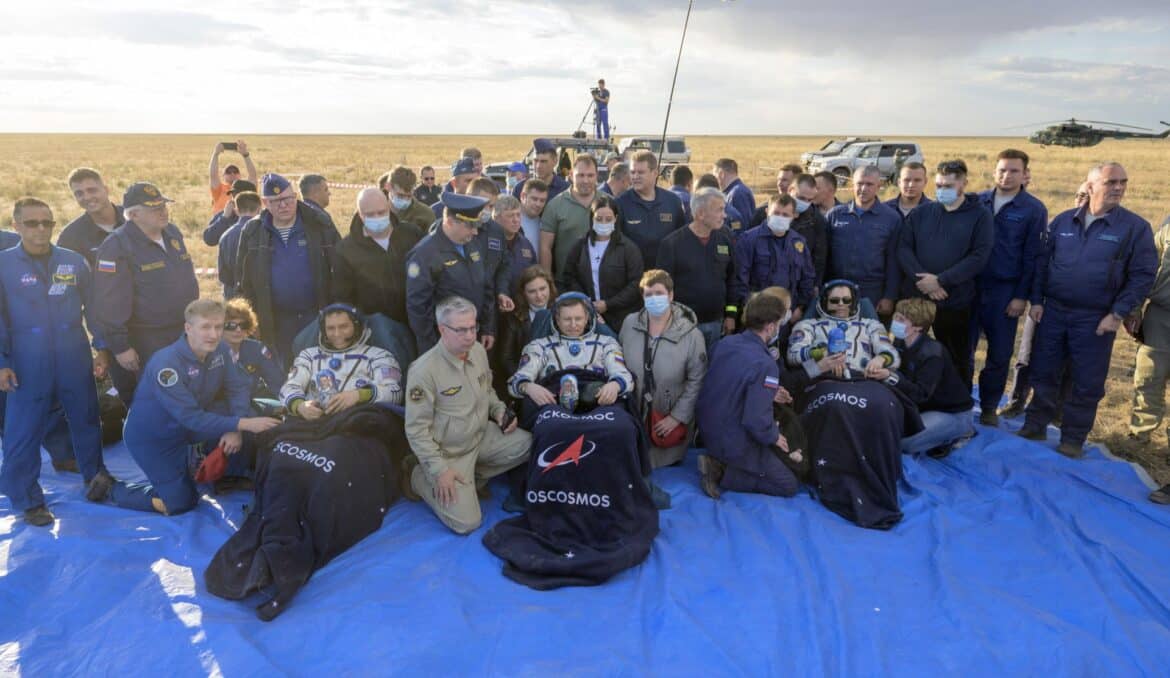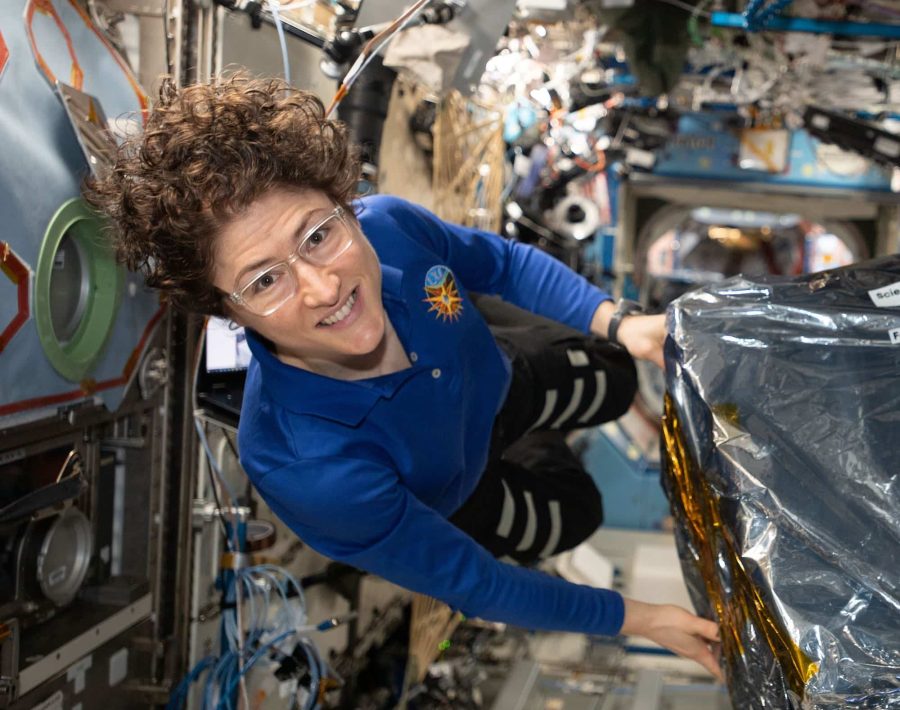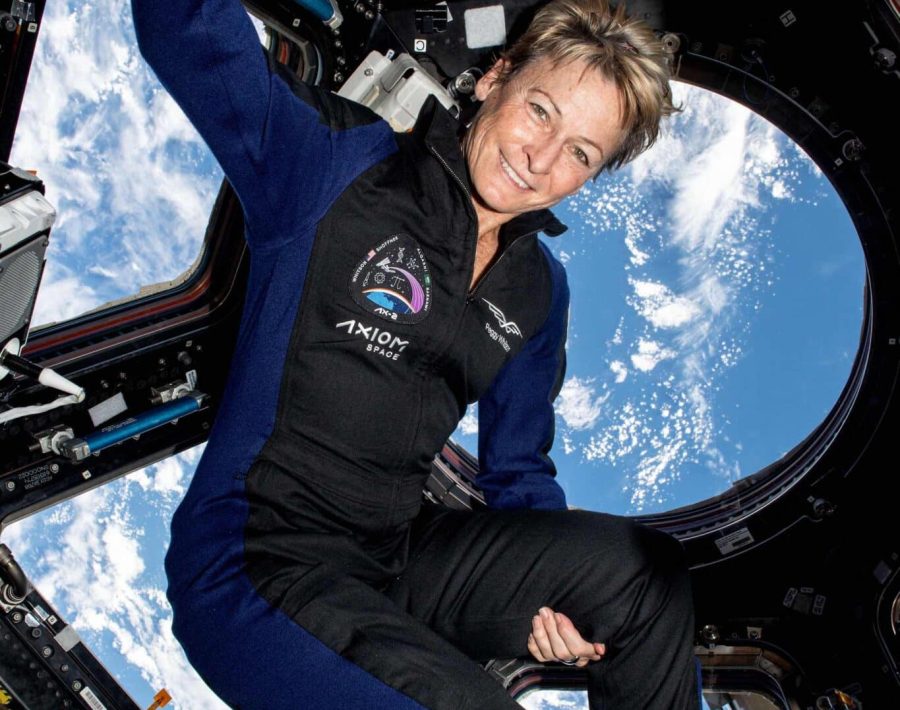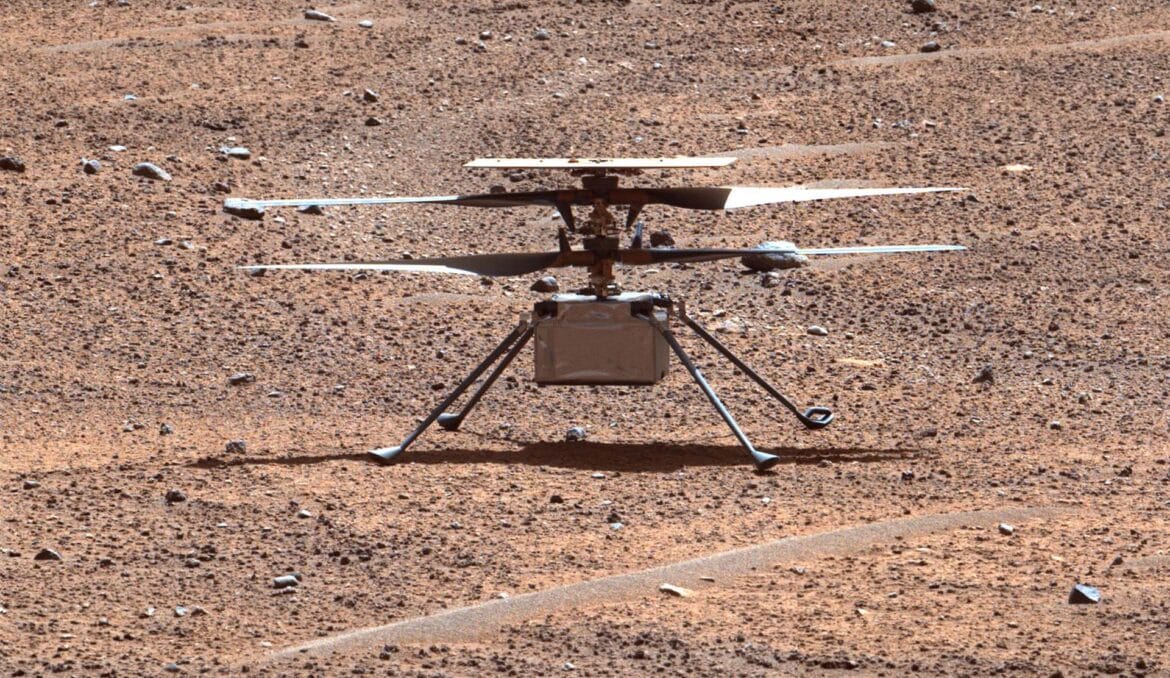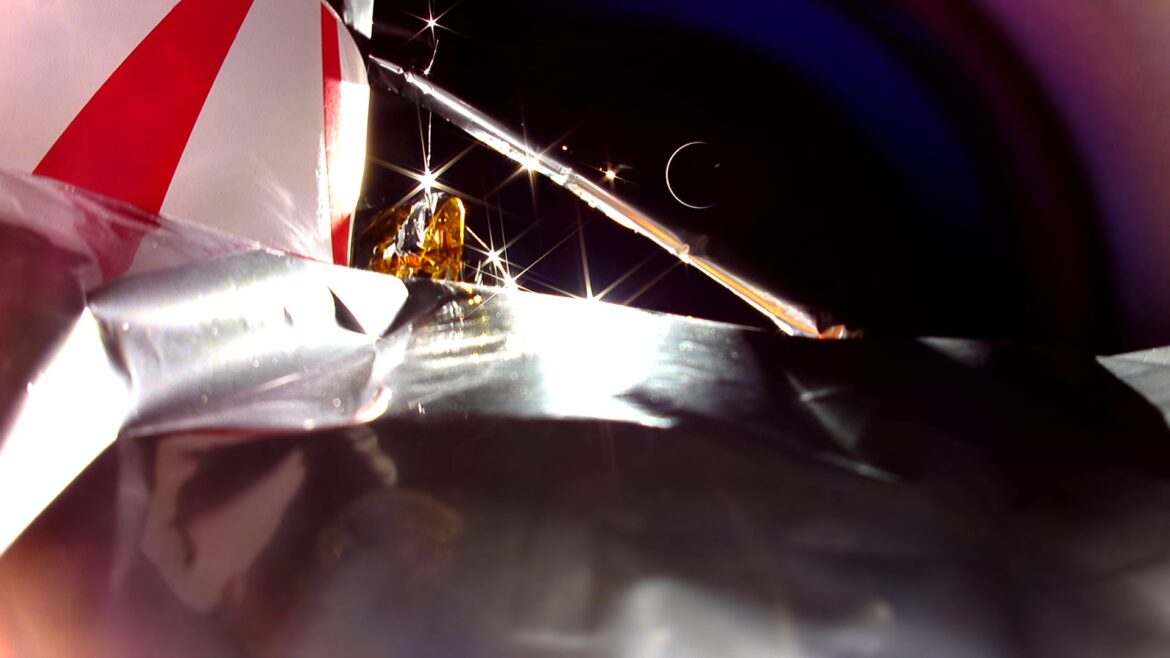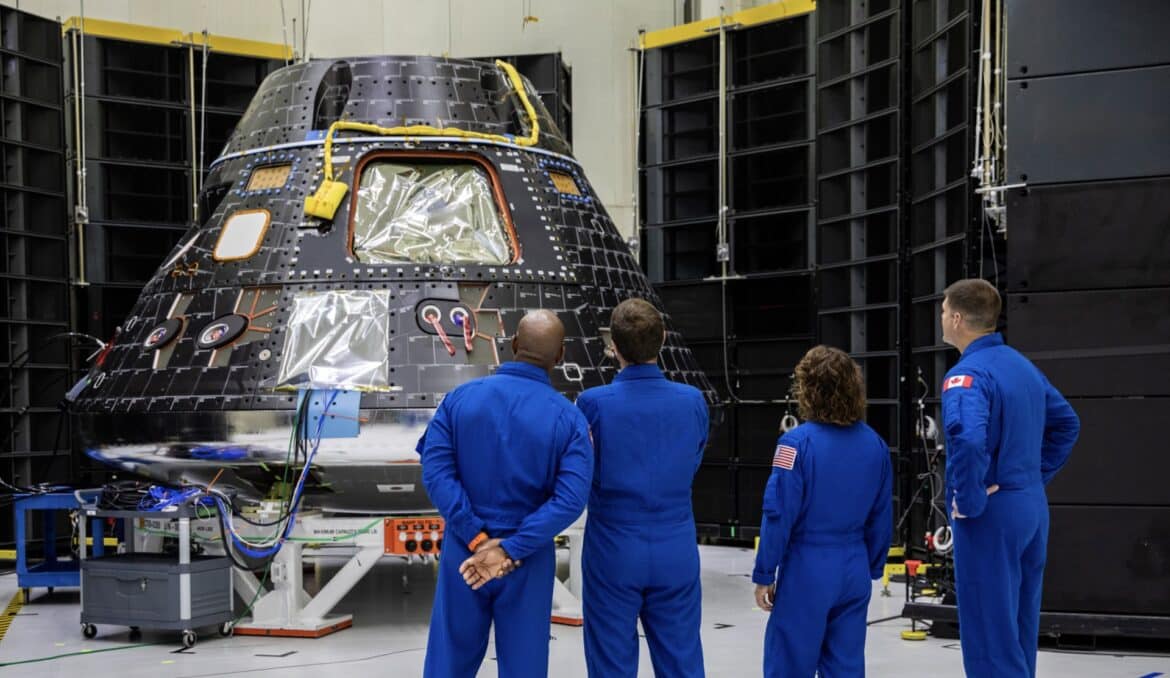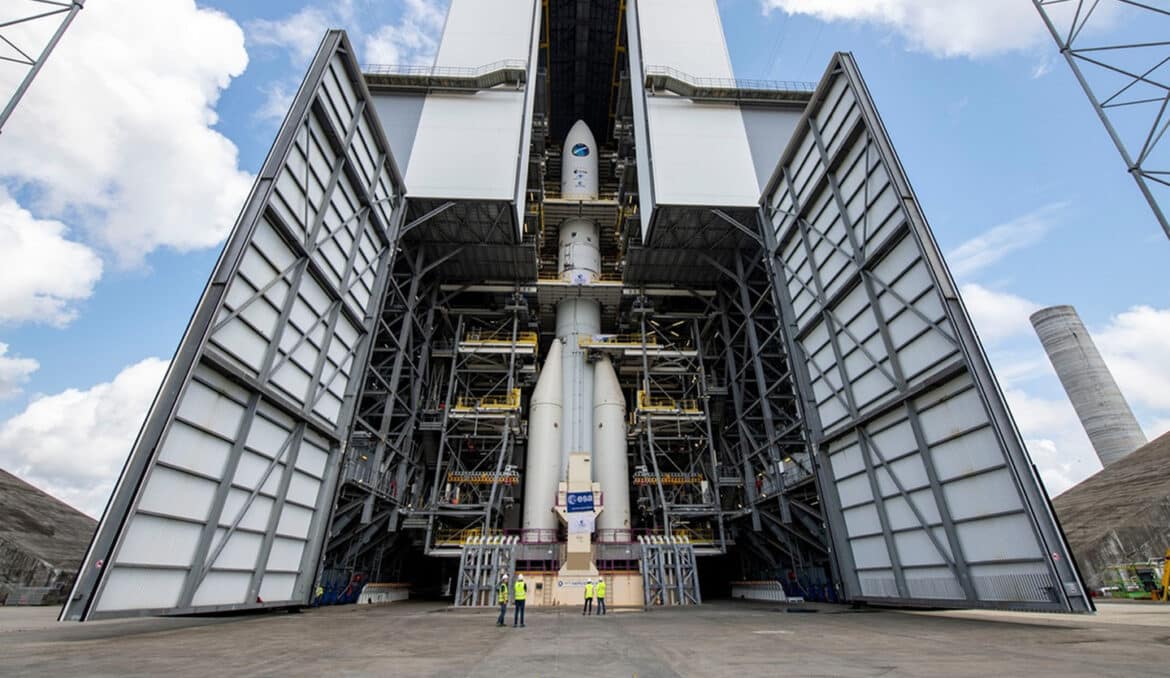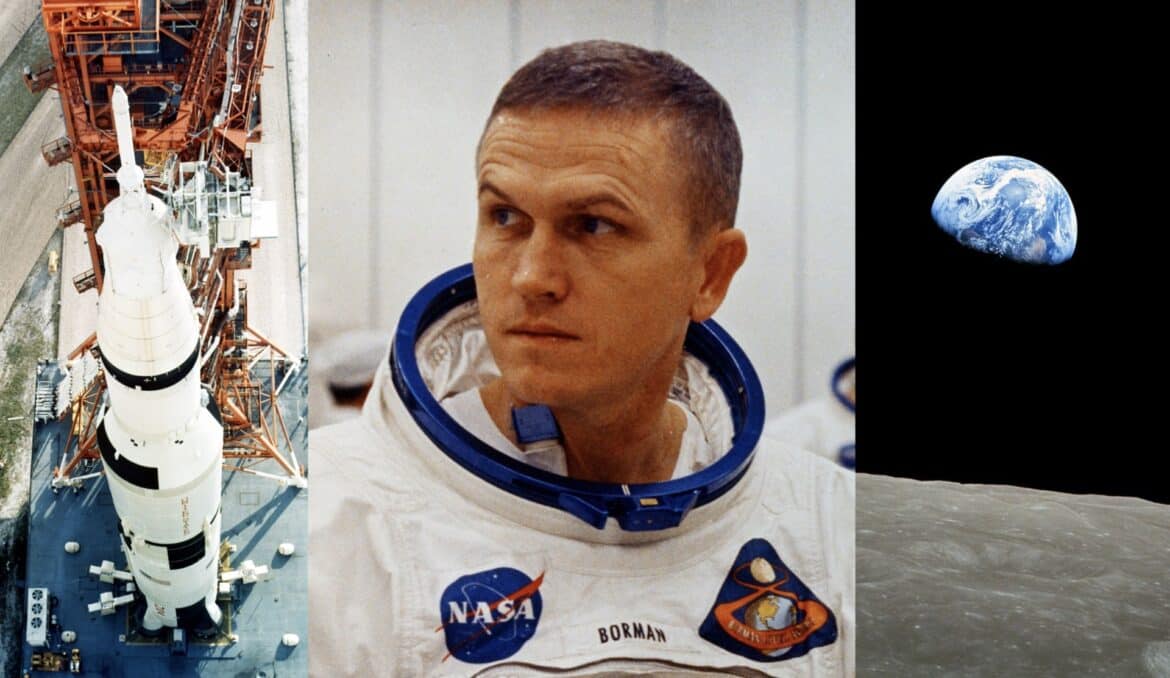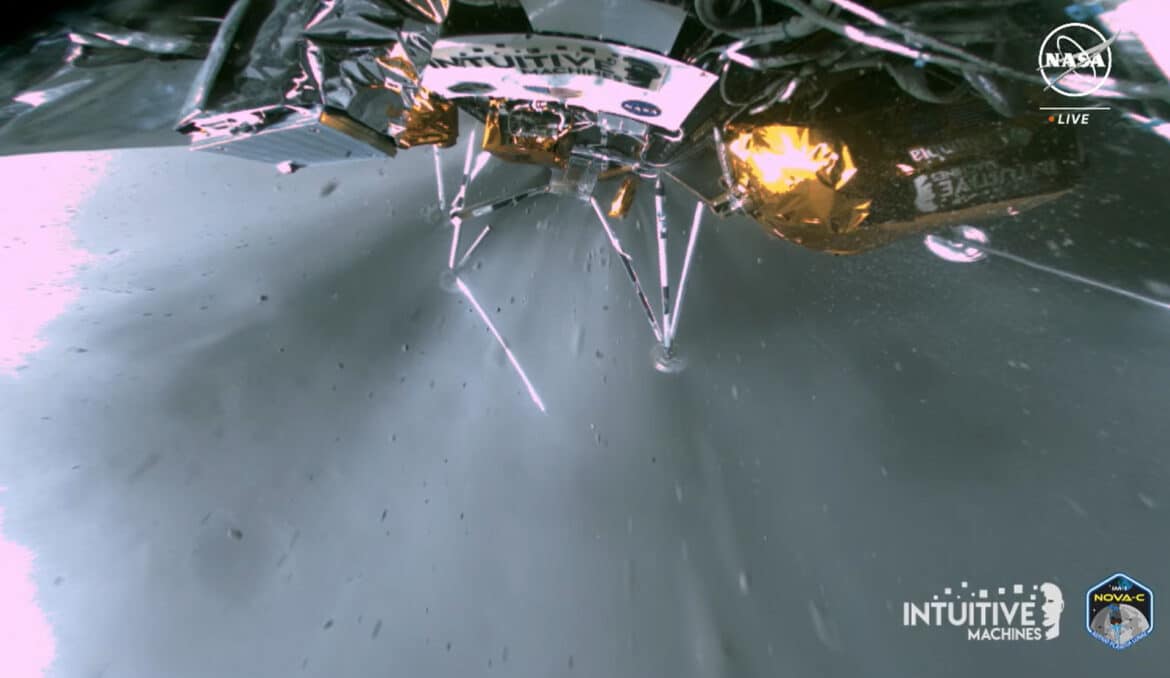
An Unintentional Record
The ISS is based on cooperation between five space agencies: NASA (United States), Roscosmos (Russia), ESA (Europe), JAXA (Japan) and Canada (CSA). A special agreement means that NASA and Roscosmos have been carrying out a “seat exchange” since 2022 between SpaceX’s Crew Dragon spacecraft on the American side and Soyuz on the Russian side. In short, Russians go to the ISS and return aboard Crew Dragon capsules while NASA astronauts do the same with Soyuz.
This is how Soyuz MS-22 was launched to the station on September 21, 2022 with two Russians (Sergey Prokopyev and Dmitry Petelin) and an American (Francisco Rubio). Initially, after spending around six months up there (the standard for long-term ISS missions ), the trio was due to return in March 2023.

